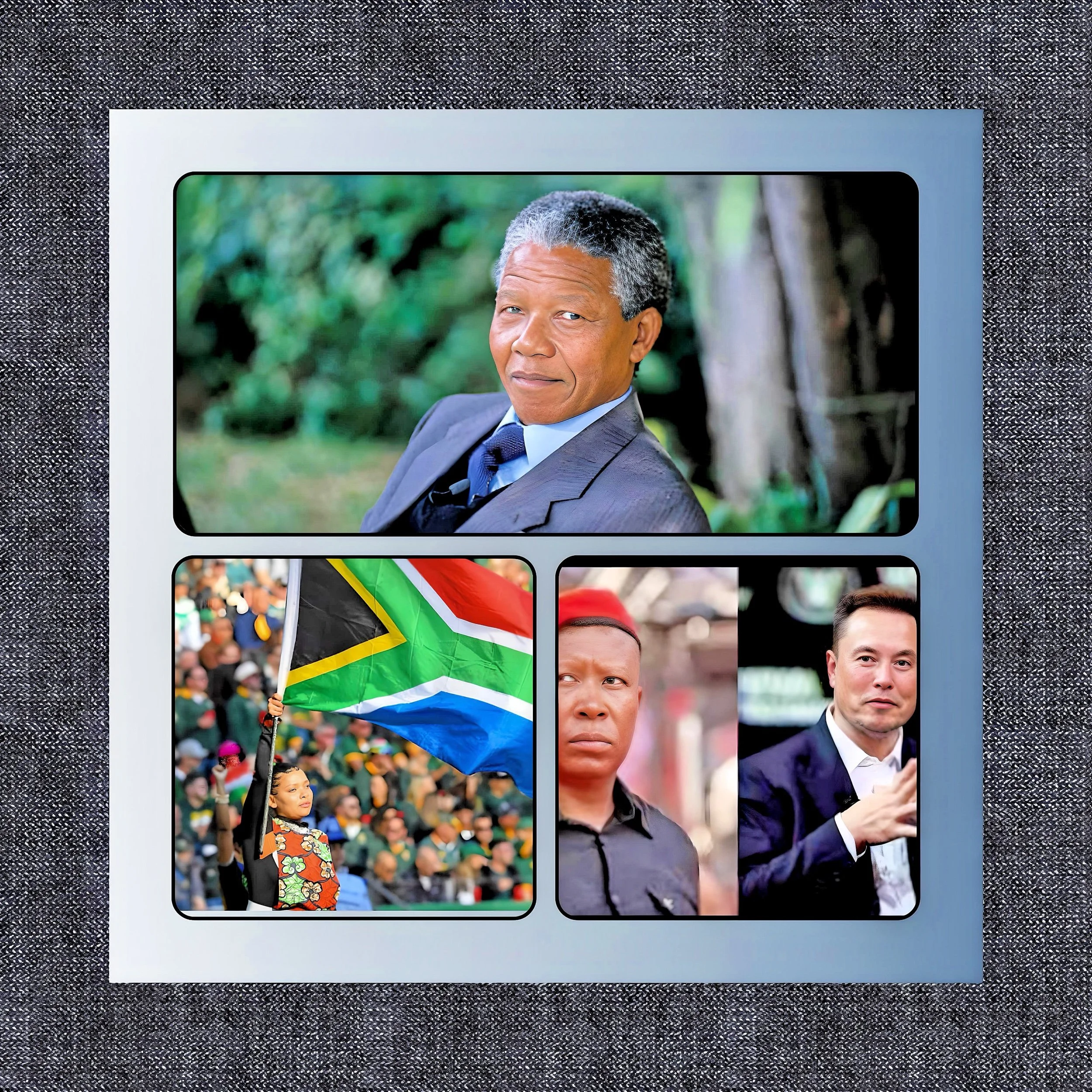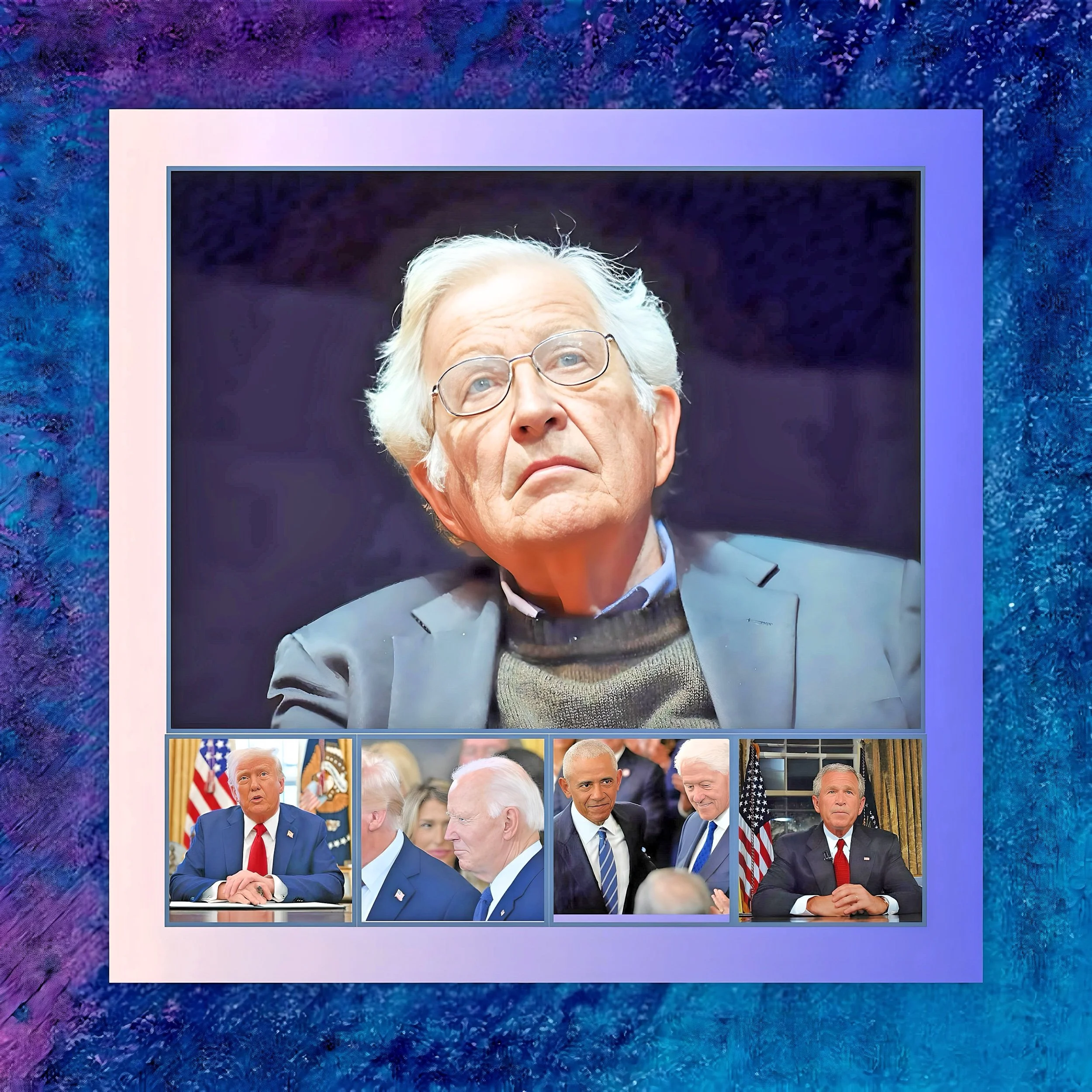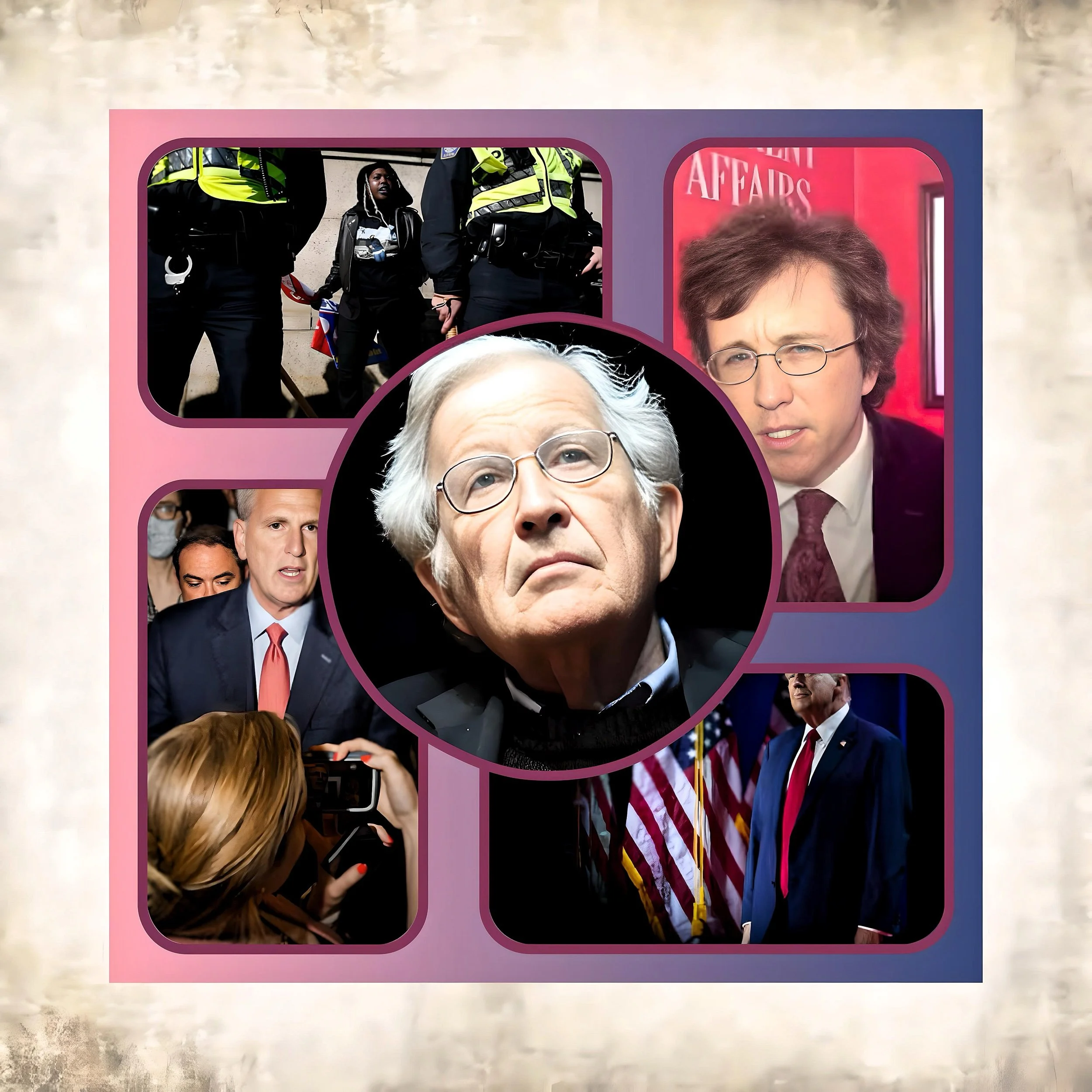What are the key myths Chomsky identifies in American foreign policy
Introduction
The Myth of American Idealism by Noam Chomsky and Nathan J. Robinson systematically dismantles foundational myths that have long underpinned U.S. foreign policy.
Here are the key myths they identify, supported by historical and contemporary evidence
Myth of American Exceptionalism
The belief that the U.S. is uniquely motivated by moral principles like democracy and human rights. Chomsky argues this narrative obscures a reality where policy is driven by power consolidation and corporate interests. Examples include:
Regime Change Operations
U.S. support for authoritarian regimes in Guatemala, Indonesia, and Iran to suppress left-wing movements or secure economic interests.
Middle East Interventions
The Iraq War, justified by fabricated claims about weapons of mass destruction, led to destabilization and humanitarian crises rather than democratization.
Myth of Humanitarian Intervention
The idea that U.S. military actions are primarily altruistic. The book highlights how interventions in Afghanistan and Libya exacerbated conflicts under the guise of “liberation”. For instance:
Afghanistan
The U.S. rejected Taliban surrender talks in 2001, prolonging a 20-year war.
NATO Bombing of Yugoslavia
Framed as a humanitarian effort, it caused civilian casualties and regional instability.
Myth of Unintended Consequences
The claim that harm caused by U.S. policy is accidental. Chomsky contends that outcomes like civilian casualties or environmental degradation are predictable and often tolerated to achieve strategic goals. Examples include:
Vietnam War
Deliberate sabotage of peace talks to maintain influence in Southeast Asia.
Climate Crisis
Prioritizing fossil fuel interests over global climate agreements, worsening environmental threats.
Myth of Promoting Global Stability
The notion that U.S. hegemony ensures peace. Instead, Chomsky and Robinson argue confrontational policies—such as NATO expansion and containment of China—heighten risks of nuclear conflict. Recent examples include:
Ukraine War
U.S. rejection of diplomatic solutions with Russia, opting to “weaken Russia severely” instead.
AUKUS Pact
Militarizing alliances in Asia, escalating tensions with China.
Myth of Media Objectivity
The perception that U.S. media neutrally reports on foreign policy. The authors demonstrate how media narratives often parrot government justifications, obscuring imperial motives. For example:
Israeli-Palestinian Conflict
Downplaying U.S. complicity in Israeli occupation while framing criticism as “anti-American”.
Silence on Sanctions
Rarely questioning the humanitarian impact of U.S. sanctions on countries like Venezuela or Iran.
Critical Reception and Counterarguments
While praised for its “devastating” synthesis of Chomsky’s critiques, the book faces criticism for oversimplifying U.S. motives as purely cynical, ignoring instances where policy aligns with stability. Nonetheless, its analysis of systemic myths resonates amid escalating U.S.-China tensions and democratic backsliding at home.
Conclusion
The Myth of American Idealism challenges the stories nations tell themselves to justify power, urging a reckoning with the gap between rhetoric and reality in U.S. actions abroad.





